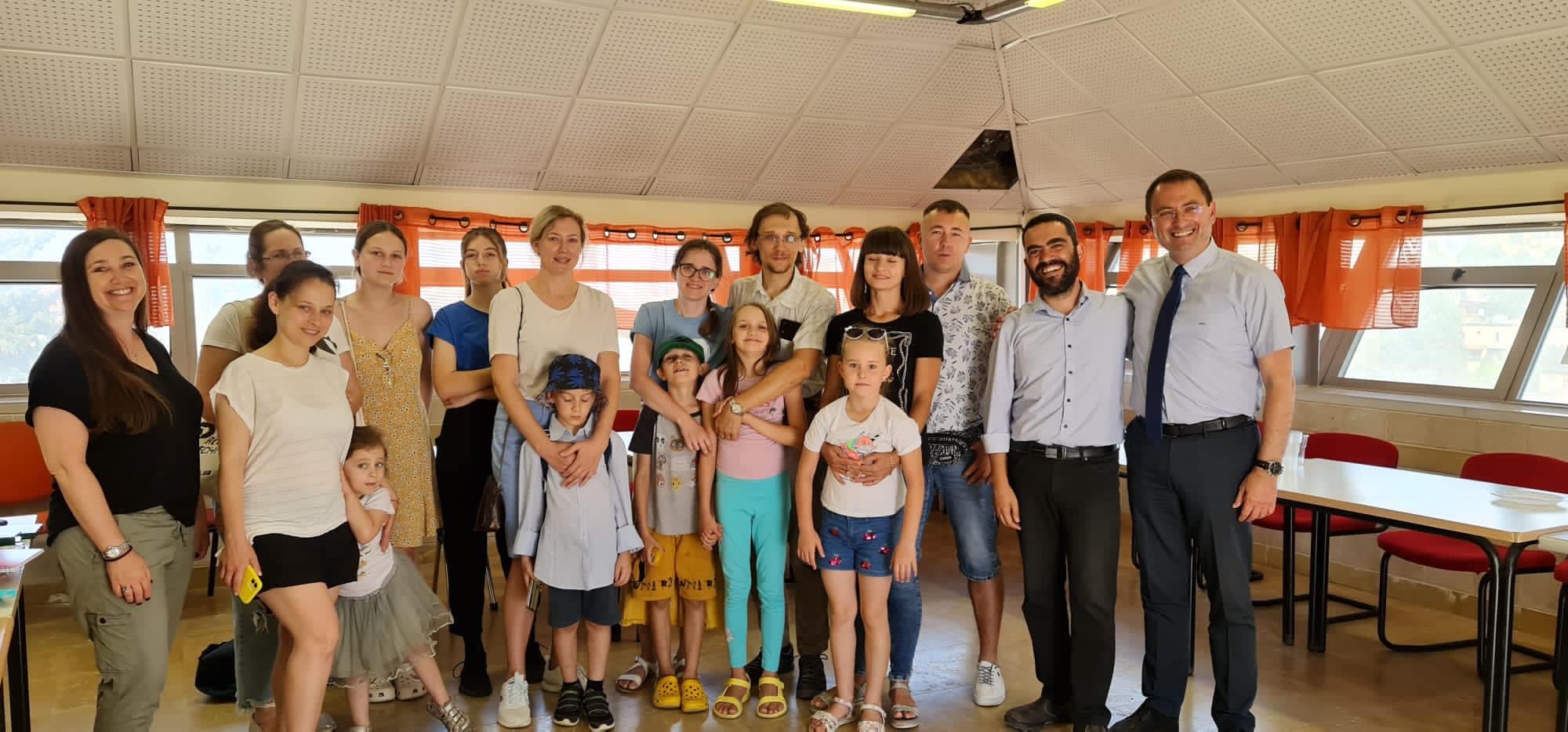
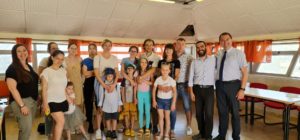 By Eliad Ben Shushan, Israel Partnership Director
By Eliad Ben Shushan, Israel Partnership Director
Yokneam has welcomed over 100 Ukrainian refuges who escaped from Europe, most of them carrying only a small bag and a lot of fear. I met with some of them, together with Yokneam’s deputy mayor Roman Peres (a native Russian speaker) who is also the leading professional in the municipality responsible for the absorption process.
Roman and other amazing staff and volunteers from Yokneam traveled to the hotels housing these families as they arrived. When I refer to “a family,” I mean mostly mothers and their kids, since the fathers ages 18-60 are not allowed to leave Ukraine and must stay and fight against the Russians. In the hotels they met with the families, listened to them, found out what they needed, invited them to come live in Yokneam, and offered support that some of it is given by the Jewish Federation of Greater Atlanta and the Jewish Federation of St. Louis.
As I gather with professionals from the welfare and education departments of the municipality, we talk about their needs, what the municipality and the government can give, and what is the support the federations can provide to make their absorption in Yokneam easier – things like help with summer programs for kids that the mothers will be able to go to work, mental support for kids and moms and coupons they can go independent and buy things they need.
Two months ago, I met with Georgy Chujik, an 88-year-old Holocaust survivor from Ukraine whose home in Kiev was bombed in March. I learned from Roman before the meeting, that Georgy was born in Vinnytsia, Ukraine and his mother got him out right before the Nazis came. After they returned to their home, they realized that no one who remained in Vinnytsia survived. Georgy moved to Ukraine and when this conflict started 8 years ago, his home was destroyed, and he moved to Kyiv. This March his home was bombed by the Russians, and he had to leave. Three times in his life he saw his home destroyed and needed to escape. Now at 88 he has chosen to come to Israel, and to Yokneam. He said his apartment in Yokneam is where he will stay.
I shared with Georgy the concept of the Partnership and that good people from the other side of the ocean are thinking about him and want to share their support and love. Georgy was moved by it and told me that it brings light to his soul, and he gave me a hug. I really felt like I was hugging a piece of history.
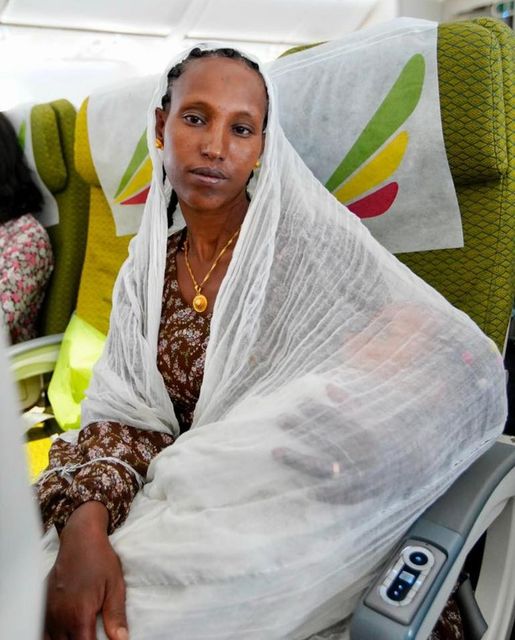
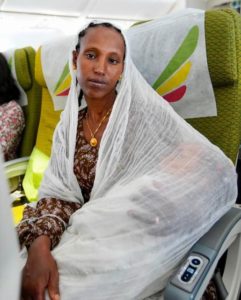 In a trip that inspired a wide range of emotions, Federation board member Michael Kogon visited Ethiopia’s community of devoted Jews in Gondar. He, along with other Jewish leaders from Europe and Canada, were ushered into this remote region nestled beneath the Simeon Mountains, a range Kogon describes as both beautiful and foreboding. Michael Kogon’s account of his journey to Gondor brings you closer than ever to the great need of the Ethiopian Jewish community.
In a trip that inspired a wide range of emotions, Federation board member Michael Kogon visited Ethiopia’s community of devoted Jews in Gondar. He, along with other Jewish leaders from Europe and Canada, were ushered into this remote region nestled beneath the Simeon Mountains, a range Kogon describes as both beautiful and foreboding. Michael Kogon’s account of his journey to Gondor brings you closer than ever to the great need of the Ethiopian Jewish community. 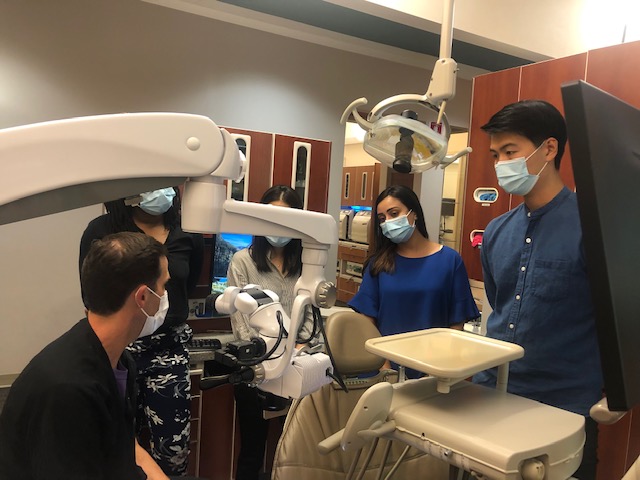
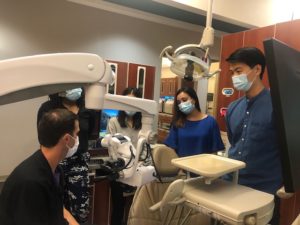

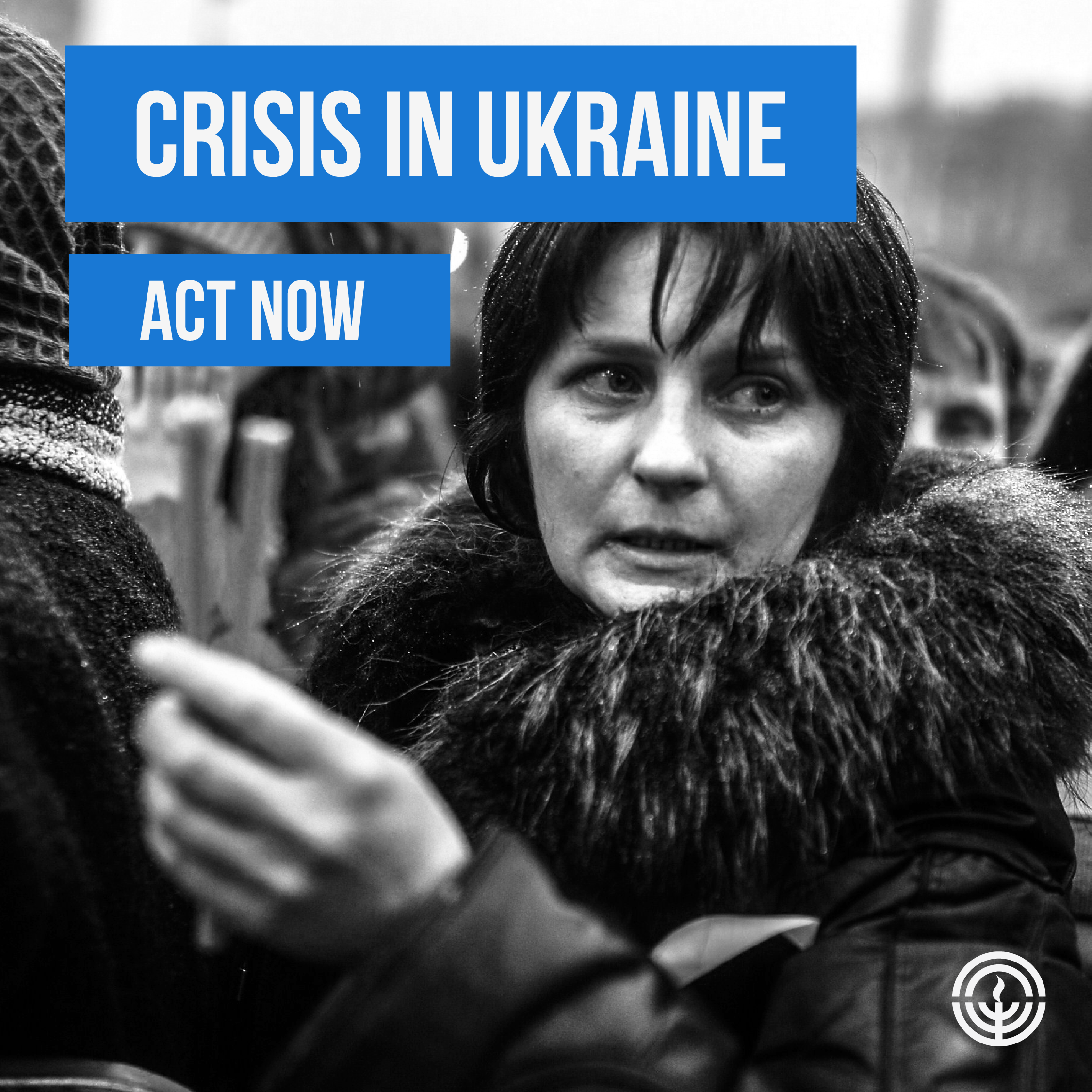
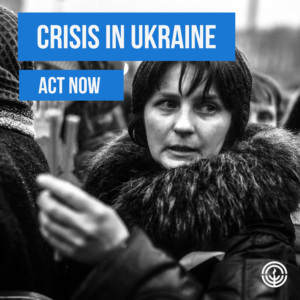 Federation’s Ukraine Emergency Relief Fund has been essential in helping vulnerable Ukrainian Jews find safety and shelter in Europe and make aliyah to Israel. In record time, you helped us raised more than $1.6M to provide food, shelter, clothing, cash, and counseling to thousands of Ukrainians fleeing the war. And we were thrilled late last week to receive a $1M gift to the fund from the Zalik Foundation, bringing our collective impact to more than $2.6M.
Federation’s Ukraine Emergency Relief Fund has been essential in helping vulnerable Ukrainian Jews find safety and shelter in Europe and make aliyah to Israel. In record time, you helped us raised more than $1.6M to provide food, shelter, clothing, cash, and counseling to thousands of Ukrainians fleeing the war. And we were thrilled late last week to receive a $1M gift to the fund from the Zalik Foundation, bringing our collective impact to more than $2.6M.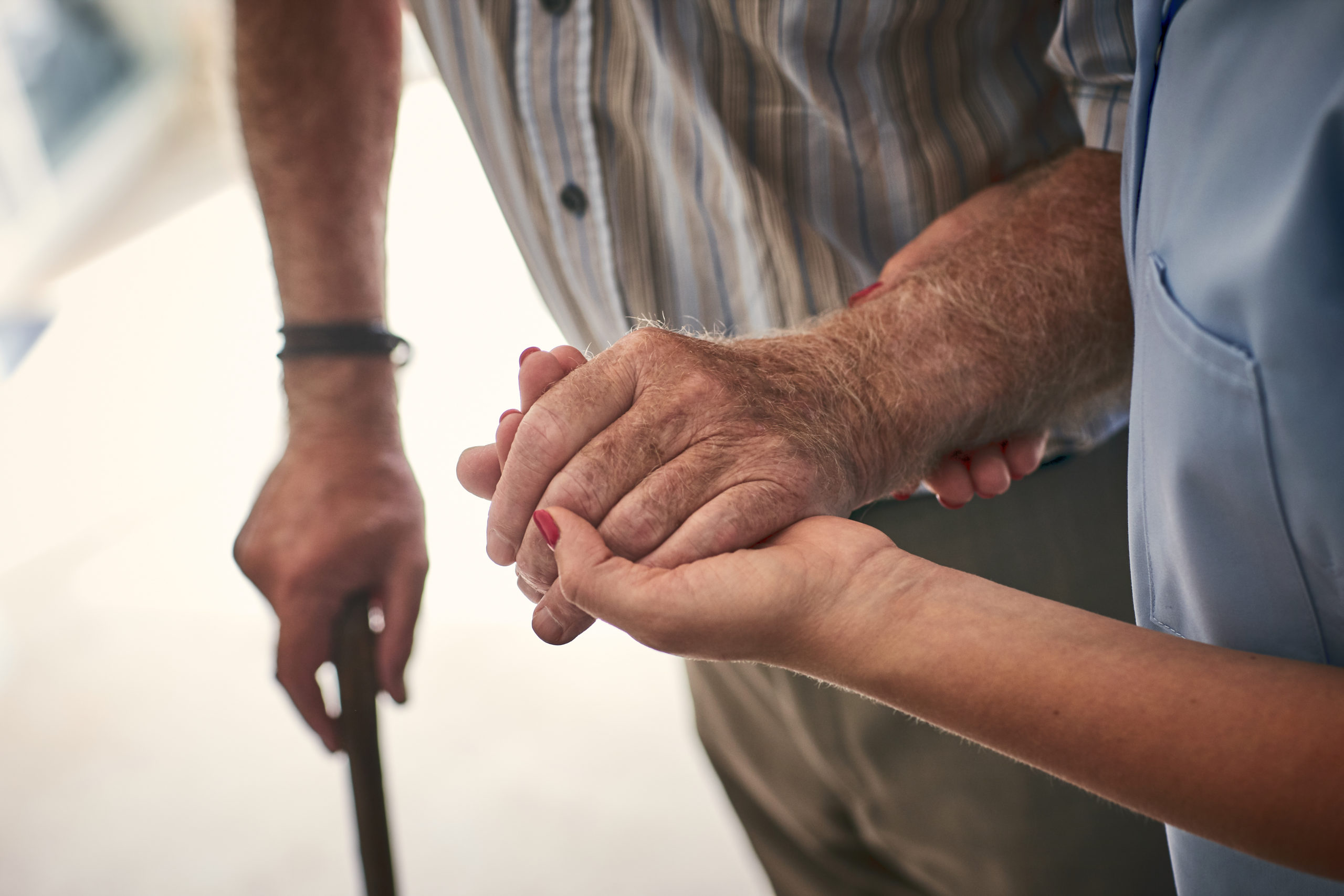
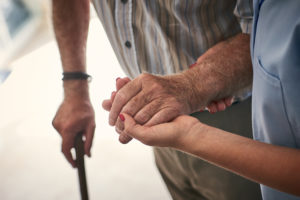

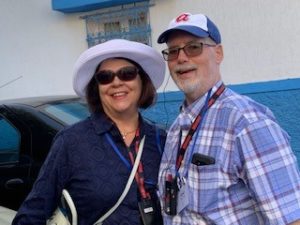 With Passover ten days away, many community members will need extra funds to purchase Passover food items. Jan and Marsha Spector, longtime supporters of the Jewish community, have created a Feed the Hungry Challenge Match to feed hungry Jews at Passover. The Spectors will match dollar-for-dollar up to $25,000, for new and or increased contributions made to the Maos Chitim Fund by the end of Passover.
With Passover ten days away, many community members will need extra funds to purchase Passover food items. Jan and Marsha Spector, longtime supporters of the Jewish community, have created a Feed the Hungry Challenge Match to feed hungry Jews at Passover. The Spectors will match dollar-for-dollar up to $25,000, for new and or increased contributions made to the Maos Chitim Fund by the end of Passover.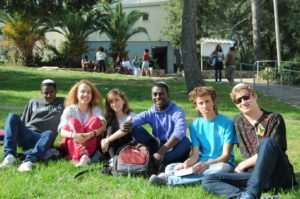 For 450 at-risk youth from around the world,
For 450 at-risk youth from around the world, 
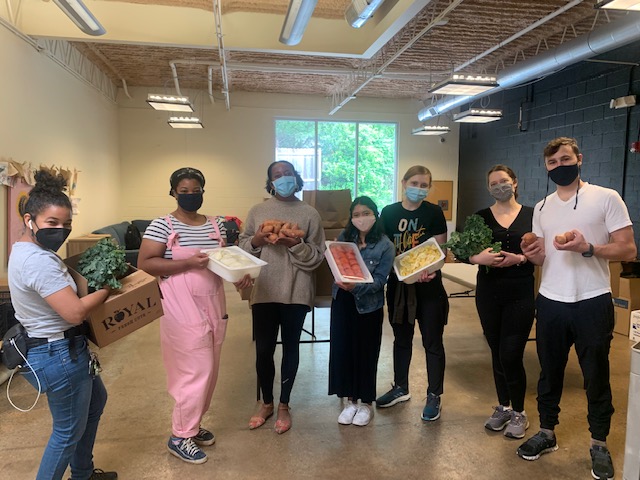
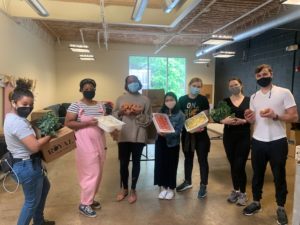 With the understanding that the pandemic has disproportionately impacted our cities,
With the understanding that the pandemic has disproportionately impacted our cities, 

